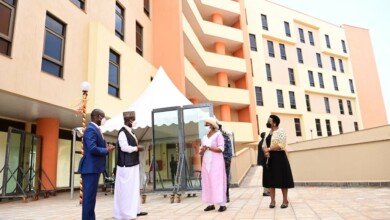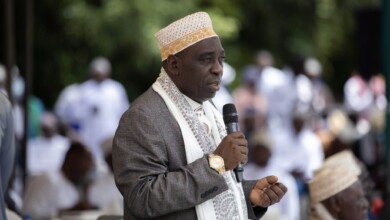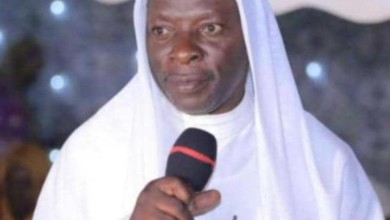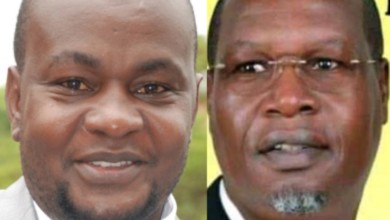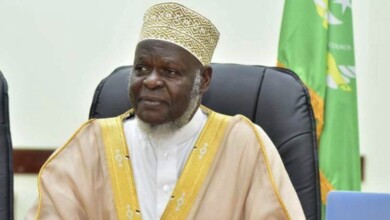Activists petition Constitutional court over Qadhi courts
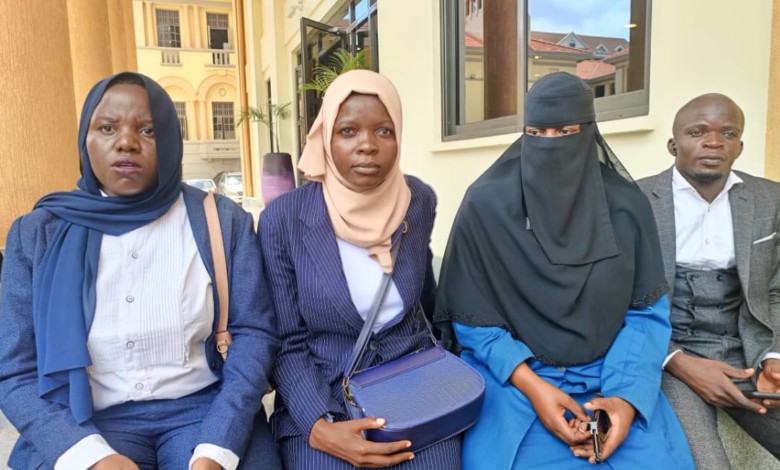
Muslim women activists under the Islamic Women’s Initiative for Justice Law and Peace (IWILAP) have petitioned the Constitutional Court seeking orders to compel government to enact an enabling law for the operationalization of Qadhis Courts.
Qadhi courts are provided for under Article 129(d) of the Ugandan constitution but have remained non-operational, 29 years since the promulgation of the 1995 Constitution.
In the petition, the activists stated that in the absence of formalized Qadhis courts, the Uganda Muslim Supreme Council (UMSC)leadership, established informal Qadhi courts, presided over by Imams and other religious leaders to enforce Islamic family laws. Whereas this would be a step in the right direction, the petitioners argue, the UMSC-established Qadhi courts are presided over by only men without basic training in justice and adjudication of matters, counseling, mediation, gender responsiveness, and dispute resolution.
In an affidavit she swore in support of the petition, IWILAP executive director, Mastullah Ashah Mwanga stated that presently, informal Qadhis courts operate without proper regulation or legal framework and without oversight and accountability, leading to issues of gender discrimination, biased judgments, and limited access to justice, particularly for women who are the majority litigants.
The petitioners contend that the delay in enacting the Administration of Muslim Personal Law Bill poses serious implications for Muslim women in Uganda. They further argued that all affairs of the country should be anchored on constitutionalism without which there cannot be equity and justice.
The petition is backed up by testimonies recorded from IWILAP’s legal aid clinics held in different parts of the country where various Muslim women and girls gave harrowing experiences of their appearance before the informal Qadhi courts.
“We are concerned that several Muslim women have not been in position to benefit from the intention of [Article 129(d)] and thus have failed to access justice, particularly in regard to sexual reproductive health and rights which are considered sensitive by the informal Qadhis courts,” the petition reads in part.
They further argue that the absence of female representation on the panel of judges in the informal Qadhi courts further exacerbates the gender disparities in the adjudication of family matters.
“It should be universally agreed that Islamic law provides and promotes gender equality that should be reflected in setting up and use of Qadhi courts,” the petitioners stated.
As such, the petitioners want the court to compel the government to expedite the enactment of the Administration of Muslim Personal Law Bill on the basis that establishment of formal Qadhi courts is crucial in upholding gender equality, promoting justice, and protecting the rights of Muslim women and girls.
Thirteen years ago, on October 27, 2009, the Solicitor General, Billy Kainamura wrote to UMSC indicating that the Ministry of Justice and Constitutional Affairs and Uganda Law Reform Commission were finalizing the processes of enacting the law for the introduction of Qadhis courts in Uganda. Once in place, the courts are expected to handle matters related to Islamic for marriage, divorce, inheritance and guardianship.


